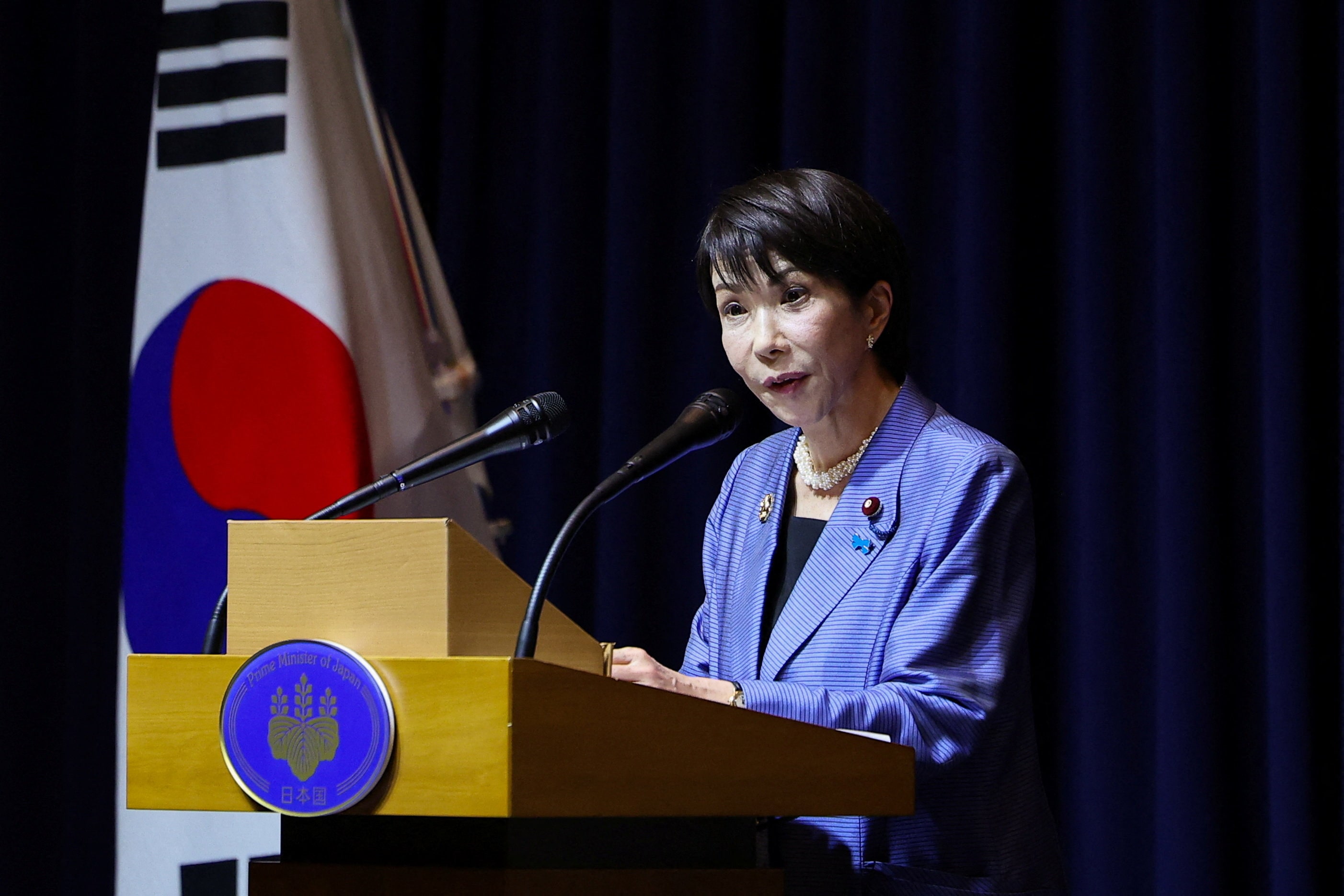In recent events, Japan’s Prime Minister has been focusing on enhancing the foundations of international diplomacy. Stressing on the importance of both bilateral and multilateral engagements, the head of state has embarked on a journey to bolster Japan's political influence and alliances across the globe. The specifics of the strategy for strengthening diplomatic grounds, and its potential effects on Japan's global standing, are yet to be clearly defined. The continuum of this initiative signals a new era for Japan's political landscape.
For Japanese citizens, foreign policy and diplomacy are vital facets of political discourse. Japan, as an island nation, has historically placed a high significance on international relations for its economic and security concerns. The Prime Minister's efforts to solidify these relationships underscore Japan's ongoing commitment to global collaboration and mutual respect, reflecting a deeply ingrained societal value in harmony and cooperation.
This is comparable to the diplomatic policies of various administrations in the United States and the European Union, where strengthening international relations is seen as a strategic move to promote global stability and national interests. The mechanisms, however, may differ, with the US often prioritizing military alliances and the EU focusing on economic cooperation and unity.

